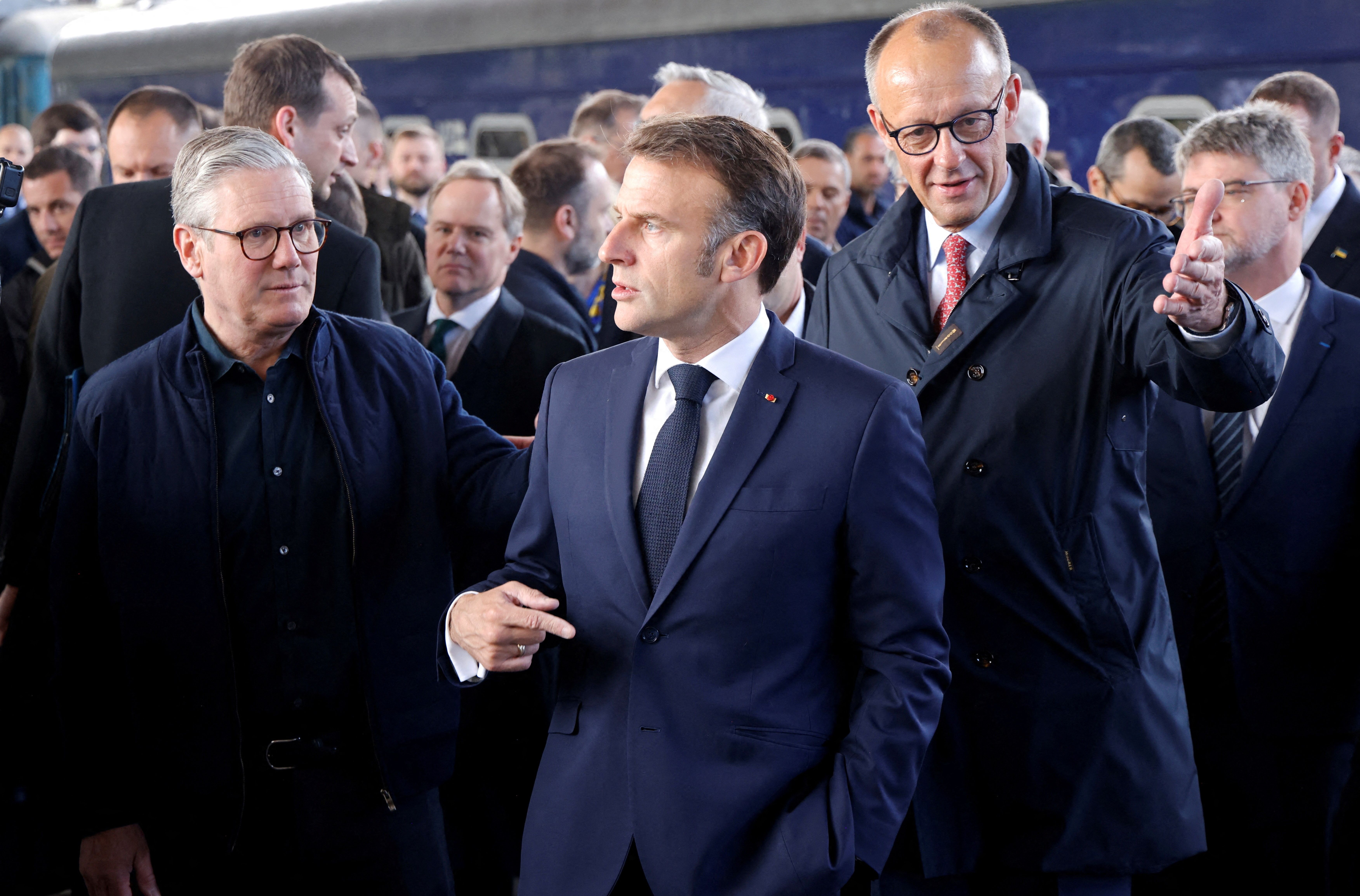Europe appears set to move from threats to action. According to reports, the E3 — Britain, France, and Germany — will likely trigger the United Nations “snapback” process this week. Created under the 2015 Iran nuclear deal (JCPOA), this mechanism allows any participant to restore pre-2015 U.N. sanctions if Iran is judged to be in violation of its commitments.
The mechanism contains a twist that makes it so potent. Normally, the Security Council operates on the assumption that sanctions need affirmative consensus to pass. But under snapback, the logic is reversed. Once invoked, a 30-day clock begins. Sanctions automatically return unless the Security Council votes to keep them suspended, meaning any permanent member can force their reimposition with a single veto.
For Europe, the looming October 18, 2025 sunset clause — the date when these U.N. sanctions are set to permanently expire — has created a sense of urgency. By acting now, European governments hope to maximize leverage over Tehran and force renewed cooperation. Yet in doing so, Europe risks narrowing, if not closing altogether, the space for diplomacy at the very moment it is most needed.
The move comes in a deeply fraught context. The JCPOA was already fragile before this summer’s war. The unraveling began in 2018, when the Trump administration unilaterally withdrew from the deal despite repeated confirmations from the International Atomic Energy Agency (IAEA) that Iran was in compliance. Washington not only pulled out, but also reimposed sweeping sanctions, devastating Iran’s economy and undoing the bargain at the heart of the deal.
European leaders promised to shield Iran from U.S. pressure and preserve the agreement. But they failed to deliver the economic relief that was central to the JCPOA’s logic. By 2019, with no benefits forthcoming, Tehran began to exceed limits on enrichment and stockpiles. Iranian officials pointed to provisions in the accord that allowed such steps if other parties were not meeting their obligations.
The fragile balance collapsed further this summer. In June, joint U.S.–Israeli strikes targeted Iran’s nuclear facilities. In response, Tehran expelled IAEA inspectors and suspended cooperation with the agency, arguing that it had failed to condemn what Iran described as an unlawful act of aggression. Trust — already frayed — was all but destroyed.
Against this backdrop, Europe’s snapback gamble looks less like a path to reviving cooperation than an escalation designed to squeeze Iran into short-term concessions. Instead of restoring confidence, it risks locking both sides into a cycle of pressure and retaliation with no offramp.
Even the enforceability of snapback is questionable. Russia and China are almost certain to reject a unilateral reimposition of sanctions. That would fracture implementation, leaving sanctions applied inconsistently across the international system. The effect would be to weaken not only the JCPOA but also the credibility of the U.N. Security Council itself.
Europe insists there is an offramp: an extension of the October 2025 sunset clause if Iran resumes full cooperation with inspectors and re-engages in talks with Washington. But because this offer is tied to the snapback threat, diplomacy is compressed into a 30-day ultimatum. The E3 are effectively demanding immediate concessions: unrestricted IAEA access to sites damaged in June’s strikes, a full accounting of uranium stockpiles enriched up to nearly 60 percent, and a resumption of substantive U.S.–Iran negotiations — all under the gun of looming U.N. sanctions.
The risks are significant. If the E3 fail to reach an agreement and act on their threat, enforcement would be highly uncertain, with Russia and China almost certain to reject a unilateral reimposition. Tehran, in turn, could respond by doubling down on nuclear ambiguity — or even moving toward withdrawal from the Nuclear Non-Proliferation Treaty, as its officials have warned.
This was the path North Korea took after the collapse of its deal with the United States: first cultivating ambiguity about its program, then expelling inspectors and exiting the NPT in 2003, and ultimately transforming uncertainty into a declared nuclear arsenal through repeated weapons tests. Europe now risks pushing Iran across a similar threshold — one where diplomacy becomes much more difficult, locking the confrontation into place for decades.
There are more constructive ways to preserve verification and create space for diplomacy. Iran was just bombed while already at the negotiating table, and by some accounts a deal was nearly within reach. Trust is a two-way street, and the responsibility now falls on Europe to act as a credible interlocutor rather than an escalatory force in the triangle of tensions between the U.S., Israel, and Iran.
Instead of wielding threats, Europe and its partners could pursue a short, clearly defined technical extension of the Resolution 2231 timelines. That could be coupled with an interim package of reciprocal steps and targeted sanctions relief — enough to restore inspector access, sustain monitoring, and ensure that Iran attains tangible economic benefits. This is the essence of diplomacy: measured give-and-take, not unilateral demands in exchange for nothing.
But if Europe chooses coercion over cooperation, it may find that the window has slammed shut — leaving only the prospect of a more dangerous, more isolated, and more nuclear-capable Iran.
- In tortured logic, Trump begs for a do-over on the Iran nuclear deal ›
- Pure Orwell: Europe condemns Iran for attacks on its own territory ›
- In twist, Europe appears to be deliberately undermining Iran talks ›
- Europe just made war with Iran more likely | Responsible Statecraft ›
- Iran's political factions divided over future of nuclear program | Responsible Statecraft ›
















